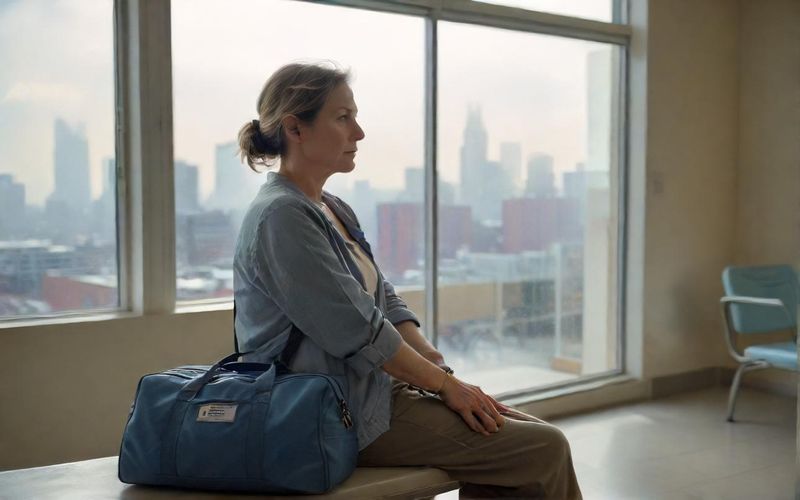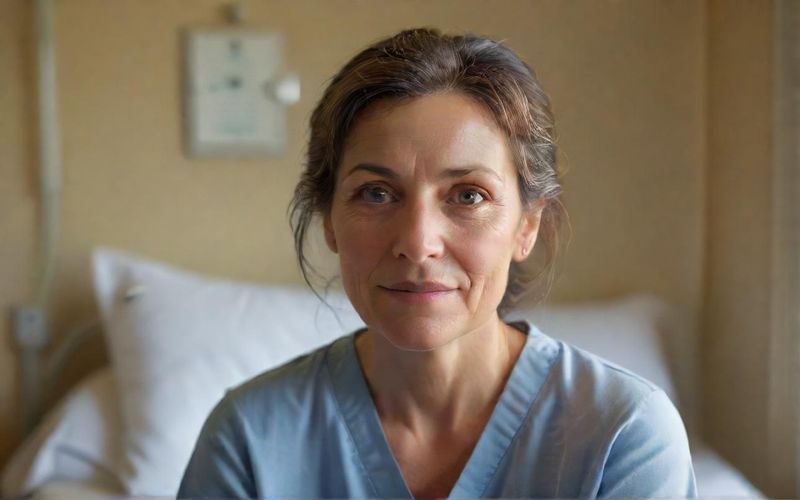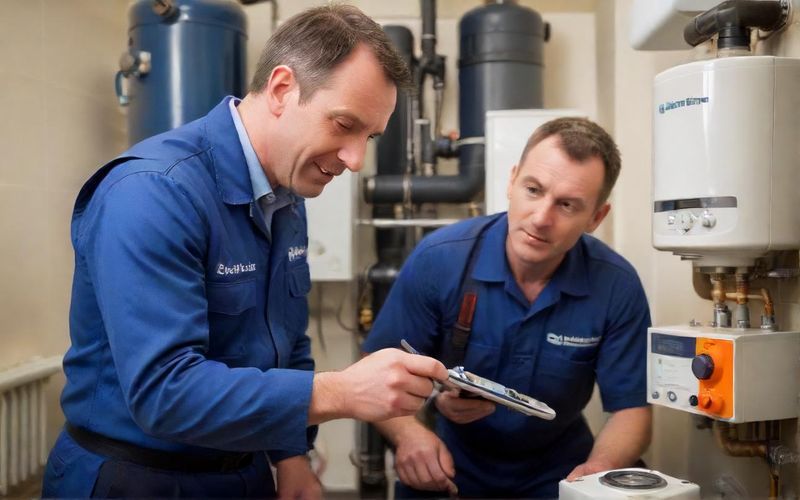Cancer Postcode Lottery: Care Varies by Location

Imagine this: you’re undergoing treatment, feeling vulnerable and exhausted, and then you have to factor in an hour-long, sometimes multi-hour, round trip for a crucial scan or therapy session. That’s the reality for about 40% of people with cancer across the UK, as highlighted by Macmillan. Some even face the heartbreaking decision of turning down necessary tests or treatments simply because the travel is too burdensome, too costly, or simply too much to manage alongside their illness. This isn't just an inconvenience; Macmillan warns it could be putting as many as 100,000 lives at risk.
We hear stories like Daisy’s, a young woman diagnosed with Hodgkin’s lymphoma. She had to travel four to six hours for treatment, a journey that her mother eventually had to stop working to facilitate. Daisy’s experience underscores the immense strain this places not just on the patient, but on their entire family, forcing them to juggle work, school, and round-the-clock care, all while managing the anxieties of treatment. It’s a heavy burden, made heavier by the geographical inequalities in healthcare access.
The issue isn’t just about travel time. As Shaun Doherty, who underwent invasive surgery for head and neck cancer, shared, it can also mean a disparity in available treatments. He received a complex, traditional surgery, only later learning about potentially less invasive robotic options that might not have been available to him due to his location. It’s this inconsistency in access to both established and newer treatments that Macmillan is calling out, emphasizing that everyone deserves the best possible care, regardless of their address.
Dr. Anthony Cunliffe, Macmillan’s lead medical adviser, describes it as feeling like a “game of chance,” a “flip of a coin” to get the right care. This sentiment is echoed across the charity's findings, revealing that approximately 60,000 more people could be receiving faster cancer care if waiting times were consistent across the country, matching those in the best-performing areas. The NHS acknowledges that patient experiences can vary and is working on a National Cancer Plan to address these disparities. But is that plan enough to truly level the playing field? We have to wonder what more can be done to ensure no one is left behind simply because of where they live.









